The best health insurance in Illinois can vary depending on individual needs and budget. However, some popular options include the Blue FocusCare Silver plan from Blue Cross Blue Shield, which is known for its affordability and good coverage.
Illinois residents can access health insurance through the state’s Medicaid program, the Federal Health Insurance Marketplace, or the Get Covered Illinois website, which provides information and assistance for finding the right coverage.
When choosing a health plan, it’s important to consider factors such as the frequency of doctor visits, financial assistance eligibility, and the type of coverage that best suits individual healthcare needs.

Aetna
Aetna is a large health insurance company in the United States. It offers a variety of health insurance plans for individuals, families, and employers.
Aetna is one of the largest health insurance companies in the United States, with over 33 million members.
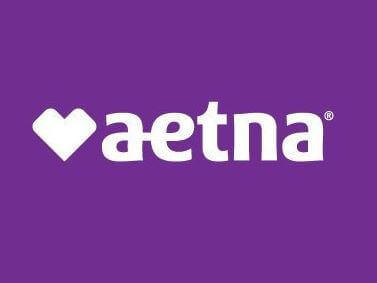
Aetna offers a variety of health insurance plans, including:
- Individual and family plans: These plans are available to people who do not have health insurance through their employer.
- Employer-sponsored plans: These plans are available to employees of companies that offer Aetna health insurance.
- Medicare plans: These plans are available to people who are 65 years of age or older, or who have certain disabilities.
- Medicaid plans: These plans are available to people with low incomes.
Aetna also offers a variety of other health-related products and services, such as:
- Dental Insurance
- Vision insurance
- Life insurance
- Disability insurance
- Critical illness insurance
Aetna’s website has a wealth of information about its health insurance plans and other products and services. You can also find information about Aetna on its social media pages.
Here are some of the pros and cons of Aetna health insurance:
Pros:
- Large network of providers
- Good customer service
- A variety of plan options
- Competitive rates
Cons:
- High deductibles on some plans
- Out-of-network coverage can be expensive
- Not available in all states
If you are considering Aetna health insurance, it is important to compare its plans to other plans available in your area.
You should also be sure to read the plan documents carefully to understand what is covered and what is not.
UHC
UHC, also known as UnitedHealthcare, is another major health insurance provider in the United States.
They offer a wide range of individual and family health insurance plans, as well as Medicare and Medicaid plans.
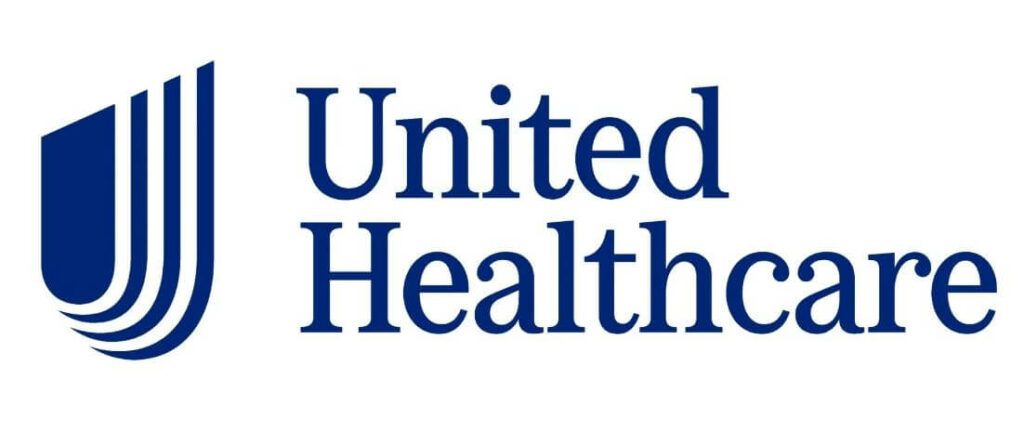
Types of plans offered by UHC:
- Individual and family plans: These plans are suitable for people who do not have health insurance through their employer. You can choose from a variety of plans with different levels of coverage and deductibles.
- Employer-sponsored plans: If your employer offers UHC health insurance, you may be eligible to enroll in one of their plans. These plans typically have lower premiums than individual plans, but your coverage options may be limited.
- Medicare plans: UHC offers a variety of Medicare Advantage plans, which are an alternative to traditional Medicare. These plans typically cover more services than traditional Medicare, and they may also have lower out-of-pocket costs.
- Medicaid plans: UHC offers Medicaid plans in some states. These plans are for people with low incomes.
Pros of UHC health insurance:
- Large network of providers: UHC has a large network of providers, so you are likely to be able to find a doctor or hospital that is in-network.
- Good customer service: UHC has a reputation for good customer service.
- Variety of plan options: UHC offers a variety of plan options, so you can find a plan that meets your needs and budget.
- Competitive rates: UHC’s rates are competitive with other major health insurance companies.
Cons of UHC health insurance:
- High deductibles: Some UHC plans have high deductibles, which means you will have to pay more out of pocket before your insurance starts to cover costs.
- Out-of-network coverage can be expensive: If you see an out-of-network provider, you will typically have to pay more for your care.
- Not available in all states: UHC is not available in all states.
Here are some things to consider when choosing UHC health insurance:
- Your needs and budget: What are your healthcare needs? How much can you afford to spend on premiums and out-of-pocket costs?
- The network of providers: Is the UHC network large enough for you? Does it include your preferred doctors and hospitals?
- The type of plan: What type of plan do you need? An individual plan, a family plan, a Medicare plan, or a Medicaid plan?
- The deductible: How much are you comfortable paying out of pocket before your insurance starts to cover costs?
If you are considering UHC health insurance, it is important to compare its plans to other plans available in your area.
You should also be sure to read the plan documents carefully to understand what is covered and what is not.
BCBS of IL
BCBS of IL, or Blue Cross and Blue Shield of Illinois, is the largest health insurance provider in the state, offering a variety of plans for individuals, families, and employers.

Types of plans offered by BCBS of IL:
- Individual and family plans: These plans are suitable for people who do not have health insurance through their employer. You can choose from a variety of plans with different levels of coverage and deductibles.
- Employer-sponsored plans: If your employer offers BCBS of IL health insurance, you may be eligible to enroll in one of their plans. These plans typically have lower premiums than individual plans, but your coverage options may be limited.
- Medicare plans: BCBS of IL offers a variety of Medicare Advantage plans, which are an alternative to traditional Medicare. These plans typically cover more services than traditional Medicare, and they may also have lower out-of-pocket costs.
- Medicaid plans: BCBS of IL offers Medicaid plans in all 102 counties of Illinois. These plans are for people with low incomes.
Pros of BCBS of IL health insurance:
- Large network of providers: BCBS of IL has a large network of providers throughout Illinois, so you are likely to be able to find a doctor or hospital that is in-network.
- Customer service: BCBS of IL has a reputation for good customer service.
- Variety of plan options: BCBS of IL offers a variety of plan options, so you can find a plan that meets your needs and budget.
- Community focus: BCBS of IL is a non-profit, mutual company, meaning they are owned by their policyholders and reinvest their profits back into the community.
Cons of BCBS of IL health insurance:
- Availability: BCBS of IL is only available in Illinois.
- Cost: Depending on the plan you choose, premiums and out-of-pocket costs can be high.
Here are some things to consider when choosing BCBS of IL health insurance:
- Your needs and budget: What are your healthcare needs? How much can you afford to spend on premiums and out-of-pocket costs?
- The network of providers: Is the BCBS of IL network large enough for you? Does it include your preferred doctors and hospitals?
- The type of plan: What type of plan do you need? An individual plan, a family plan, a Medicare plan, or a Medicaid plan?
- The deductible: How much are you comfortable paying out of pocket before your insurance starts to cover costs?
If you are considering BCBS of IL health insurance, it is important to compare its plans to other plans available in Illinois.
You should also be sure to read the plan documents carefully to understand what is covered and what is not.
Cigna
Cigna Health Insurance is a global health service company offering a wide range of health insurance plans, including individual and family plans, employer-sponsored plans, Medicare plans, and dental, vision, and pharmacy coverage.
They have a large network of providers and their plans are known for their flexibility and affordability.

Types of plans offered by Cigna:
- Individual and family plans: These plans are suitable for people who do not have health insurance through their employer. You can choose from a variety of plans with different levels of coverage and deductibles.
- Employer-sponsored plans: If your employer offers Cigna health insurance, you may be eligible to enroll in one of their plans. These plans typically have lower premiums than individual plans, but your coverage options may be limited.
- Medicare plans: Cigna offers a variety of Medicare Advantage plans, which are an alternative to traditional Medicare. These plans typically cover more services than traditional Medicare, and they may also have lower out-of-pocket costs.
- Dental, vision, and pharmacy coverage: Cigna also offers a variety of dental, vision, and pharmacy insurance plans. You can purchase these plans on their own or combine them with a health insurance plan.
Pros of Cigna Health Insurance:
- Large network of providers: Cigna has a large network of providers, so you are likely to be able to find a doctor or hospital that is in-network.
- Affordability: Cigna offers a variety of plans to fit different budgets.
- Flexibility: You can customize your plan by adding or removing coverage options.
- Preventive care: Cigna covers a wide range of preventive care services, such as annual checkups, immunizations, and screenings.
- Wellness programs: Cigna offers a variety of wellness programs to help you stay healthy.
Cons of Cigna Health Insurance:
- High deductibles: Some Cigna plans have high deductibles, which means you will have to pay more out of pocket before your insurance starts to cover costs.
- Out-of-network coverage can be expensive: If you see an out-of-network provider, you will typically have to pay more for your care.
- Not available in all states: Cigna is not available in all states.
Here are some things to consider when choosing Cigna Health Insurance:
- Your needs and budget: What are your healthcare needs? How much can you afford to spend on premiums and out-of-pocket costs?
- The network of providers: Is the Cigna network large enough for you? Does it include your preferred doctors and hospitals?
- The type of plan: What type of plan do you need? An individual plan, a family plan, a Medicare plan, or a dental, vision, or pharmacy plan?
- The deductible: How much are you comfortable paying out of pocket before your insurance starts to cover costs?
If you are considering Cigna Health Insurance, it is important to compare its plans to other plans available in your area.
You should also be sure to read the plan documents carefully to understand what is covered and what is not.
Oscar
Oscar Health Insurance is a relatively new health insurance company that’s been shaking things up in the industry since its founding in 2012.
They take a unique approach to health insurance, focusing on technology and a member-centric experience.
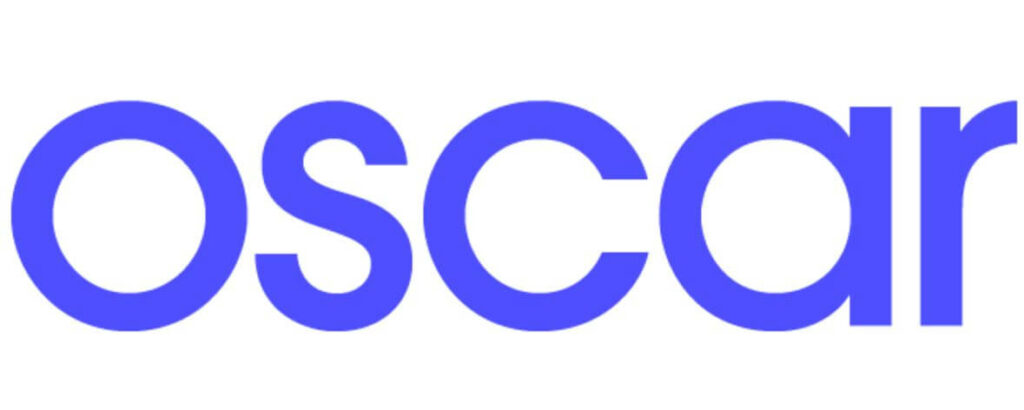
Types of plans offered:
- Individual and family plans: Available in 18 states across the US, Oscar offers a variety of individual and family plans to fit different needs and budgets. You can choose from Bronze, Silver, Gold, and Platinum plans, each with varying levels of coverage and deductibles.
- Medicare Advantage plans: Oscar also offers Medicare Advantage plans in select states, providing coverage for people over 65 or with certain disabilities.
Pros of Oscar Health Insurance:
- Technology-driven: Oscar leverages technology to make their plans more accessible and user-friendly. They offer a mobile app and online portal where members can manage their plans, find doctors, and access care 24/7.
- Member-centric focus: Oscar prides itself on its member-centric approach. They have a team of care guides who can help members navigate the healthcare system and get the care they need.
- Transparent pricing: Oscar offers clear and easy-to-understand pricing information on their website. You can see exactly what you’ll pay for premiums, deductibles, and copays before you enroll.
- Focus on preventive care: Oscar encourages preventive care and offers coverage for a wide range of preventive services, such as annual checkups, immunizations, and screenings.
Cons of Oscar Health Insurance:
- Limited availability: Oscar is not available in all states, so be sure to check if they offer plans in your area.
- Limited network: Oscar’s provider network is smaller than some other major insurers. This means you may have fewer choices of doctors and hospitals.
- Higher deductibles: Oscar plans tend to have higher deductibles than some other plans. This means you’ll have to pay more out of pocket before your insurance starts to cover costs.
Here are some things to consider when choosing Oscar Health Insurance:
- Your needs and budget: What are your healthcare needs? How much can you afford to spend on premiums and out-of-pocket costs?
- The network of providers: Is Oscar’s network large enough for you? Does it include your preferred doctors and hospitals?
- The type of plan: What type of plan do you need? An individual plan, a family plan, or a Medicare Advantage plan?
- The deductible: How much are you comfortable paying out of pocket before your insurance starts to cover costs?
If you are considering Oscar Health Insurance, it is important to compare their plans to other plans available in your area.
You should also be sure to read the plan documents carefully to understand what is covered and what is not.
Ambetter
Ambetter Health Insurance is a subsidiary of Centene Corporation, a large healthcare company that offers a variety of health insurance plans in the United States.
Ambetter focuses on offering affordable health insurance plans for individuals and families, particularly those who qualify for subsidies under the Affordable Care Act (ACA).
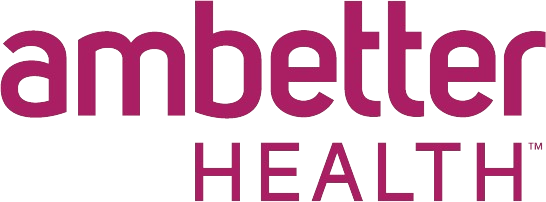
Types of plans offered:
- Marketplace plans: These plans are available through the Health Insurance Marketplace, also known as Obamacare. They are designed to be affordable for people with low and moderate incomes, and many people qualify for subsidies to help lower their costs. Ambetter offers Bronze, Silver, Gold, and Platinum plans, each with varying levels of coverage and deductibles.
- Medicaid plans: Ambetter also offers Medicaid plans in some states. Medicaid is a government program that provides health insurance to low-income adults, children, and families.
- Value plans: These plans are an alternative to traditional Marketplace plans and are typically offered in select counties. They have a smaller network of providers and require referrals for most care outside of what the PCP can provide, but they are often more affordable than traditional Marketplace plans.
Pros of Ambetter Health Insurance:
- Affordable: Ambetter plans are typically more affordable than other major insurers, especially for people who qualify for subsidies.
- Wide network of providers: Ambetter offers a network of providers in most of the states where they operate.
- Focus on preventive care: Ambetter encourages preventive care and covers a wide range of preventive services, such as annual checkups, immunizations, and screenings.
- My Health Pays® rewards program: Ambetter offers a rewards program that allows members to earn points for completing healthy activities, such as going to the doctor or getting a flu shot. Points can be redeemed for gift cards or other rewards.
Cons of Ambetter Health Insurance:
- Limited network: The Ambetter network may be smaller than the networks of some other major insurers. This means you may have fewer choices of doctors and hospitals.
- High deductibles: Some Ambetter plans have high deductibles, which means you will have to pay more out of pocket before your insurance starts to cover costs.
- Customer service: Some customers have reported problems with Ambetter’s customer service.
Here are some things to consider when choosing Ambetter Health Insurance:
- Your needs and budget: What are your healthcare needs? How much can you afford to spend on premiums and out-of-pocket costs?
- The network of providers: Is Ambetter’s network large enough for you? Does it include your preferred doctors and hospitals?
- The type of plan: What type of plan do you need? A Marketplace plan, a Medicaid plan, or a Value plan?
- The deductible: How much are you comfortable paying out of pocket before your insurance starts to cover costs?
If you are considering Ambetter Health Insurance, it is important to compare their plans to other plans available in your area.
You should also be sure to read the plan documents carefully to understand what is covered and what is not.
Molina
Molina Healthcare is a managed care company offering health insurance plans across the United States, primarily focusing on individuals and families who qualify for government programs like Medicaid and Medicare.
They also offer Marketplace plans for subsidized coverage under the Affordable Care Act (ACA).
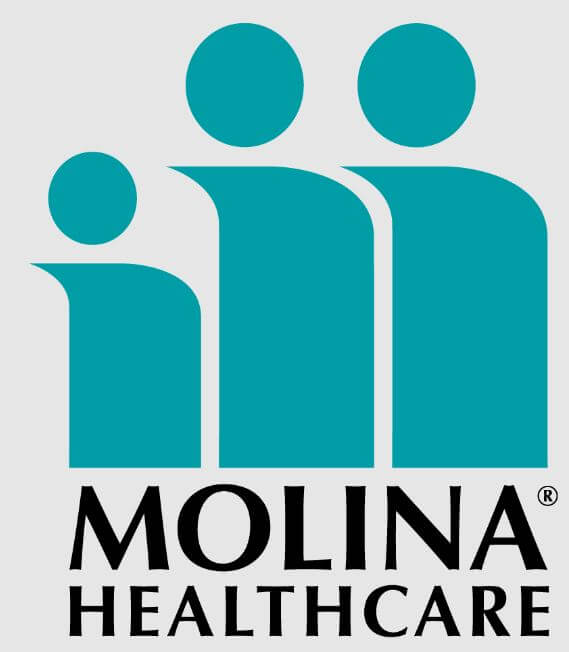
Types of Plans:
- Medicaid: Molina is a leading provider of Medicaid plans in many states, serving low-income adults, children, and families. These plans offer comprehensive coverage for a wide range of services.
- Medicare: Molina offers Medicare Advantage plans as an alternative to traditional Medicare. These plans typically provide additional benefits and services compared to traditional Medicare, often with lower out-of-pocket costs.
- Marketplace (ACA): Molina offers individual and family plans through the Health Insurance Marketplace. These plans vary in coverage levels and affordability, with many people qualifying for subsidies to help lower their costs.
- Integrated Duals Programs: Molina provides specialized plans for individuals eligible for both Medicaid and Medicare, aiming to deliver coordinated care for complex needs.
Pros:
- Focus on government programs: Molina has extensive experience serving individuals who qualify for Medicaid and Medicare, potentially offering tailored plans and support for these populations.
- Wide network: Molina generally has a broad network of providers in the areas they serve, increasing access to care.
- Multilingual support: Molina offers multilingual customer service and resources, catering to diverse communities.
- Community involvement: Molina has initiatives focused on improving community health and well-being.
Cons:
- Limited availability: Molina plans may not be available in all states or regions.
- Network variations: While the network is broad, specific provider availability can vary based on location and plan type.
- Customer service complaints: Some users have reported negative experiences with customer service.
- Potentially higher out-of-pocket costs: Depending on the plan and your specific needs, out-of-pocket costs could be higher than with other insurers.
Things to Consider when Choosing Molina Health Insurance:
- Your eligibility: Do you qualify for Medicaid, Medicare, or ACA subsidies?
- Your location: Check if Molina offers plans in your area and if your preferred providers are included in the network.
- Coverage needs: Compare the different plan options and benefits to find one that aligns with your healthcare needs and budget.
- Out-of-pocket costs: Understand potential deductibles, copays, and other out-of-pocket expenses before enrolling.
- Customer reviews: Consider user experiences and feedback about Molina’s customer service and care coordination.










